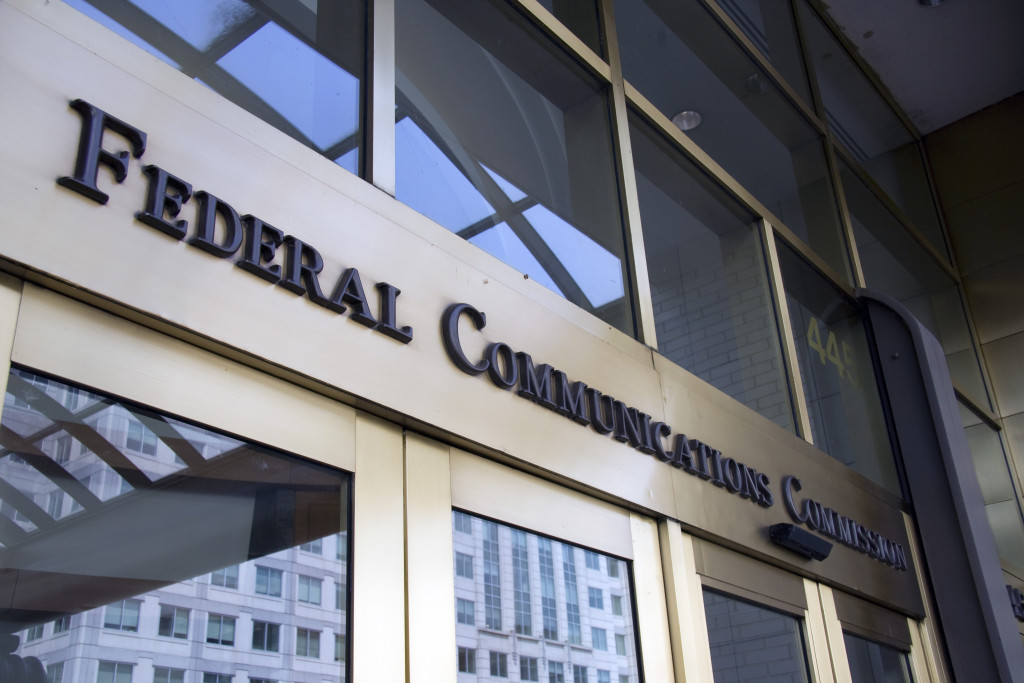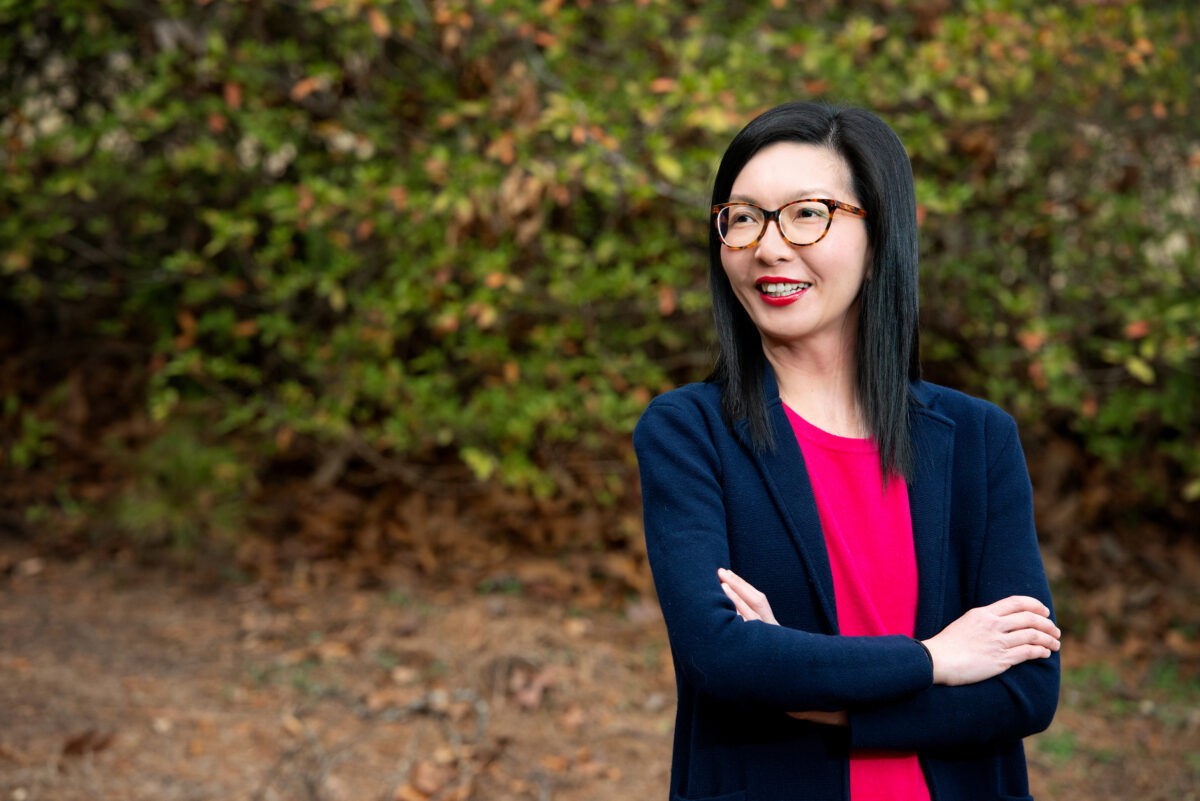In a hotly-anticipated vote, the FCC decided today to classify internet service as public utility under Title II of the Telecommunications Act. The 3-2 vote (which was split down party lines) drew the attention of progressives and net neutrality activists — including me — who urged the FCC in a series of campaigns to vote in favour of a Title II reclassification.
Title II reclassification is generally agreed to be a critical step in protecting net neutrality by establishing guidelines that would prevent major cable and internet providers from (in essence) messing with internet service in order to earn money. The new classification prohibits cable providers from, for example, establishing fast internet service for premium customers, and relegating customers who can’t or won’t pay extra for fast-lane access to significantly slower download speeds.
Title II reclassification was bizarrely opposed by many major civil rights organizations — including several high profile Asian American groups — perhaps because major cable providers such as Comcast are prominent donors to these organizations. But Title II reclassification is a boon for all digital citizens, and in particular those of us who rely on a (free, open) internet to amplify otherwise marginalized voices.
I celebrate today’s FCC vote with an excerpt from my post last year on the importance of a free internet to race and gender bloggers like myself:
Last night, I had the chance to participate in a Twitter-watch party of American Revolutionary: The Evolution of Grace Lee Boggs, a feature-length documentary film focused on the activism of Detroit-area civil rights hero Grace Lee Boggs. The evolution referenced in the film speaks to Boggs’ shift in her attitudes towards a more thoughtful and self-reflective activism. Throughout the last four decades, Boggs’ activism focused on cultivating spaces for the development of revolutionary thought in herself and her allies.
At one point in the film, Grace Lee Boggs says, “our ideas come out of conversation.” Elsewhere, she opines, “the radical movement has overemphasized the role of activism and underemphasized the role of reflection.” A champion of debate and dialogue, Boggs transformed her living room into a study center for radical thought.
Today, digital activists are transforming online spaces in the same way. Online activists are using the internet to make connections with one another that defy hegemonic institutions of oppression, and that are amplifying historically silenced voices. We are circumventing traditional systems of power and empowering the grassroots. We are creating spaces to challenge institutions of privilege, and motivating digital citizens to break through their own boundaries of thought. The revolution will not be televised, but it very well might be (at least in part) digitized.
Last night’s Twitter-watch party perfectly exemplifies the power of the internet as a radical tool for reflective activism. Ten years ago, the internet helped connect filmmaker Grace Lee (@anothergracelee) with a revolutionary icon in Grace Lee Boggs (@GraceLeeBoggs). Upon completion, American Revolutionary has been available for online streaming — for free — through PBS all-month, and last night, Asian American digital activists (including myself) separated by geographic distance nonetheless came together in Twitterspace to learn more about the philosophy of a powerful woman like Boggs, and to share her ideas with the digital world.
This is the kind of content — radical, subversive, interactive, and grassroots — that would be displaced in a non-neutral internet where major internet providers get to decide which content is worth sharing. This is the kind of content that major cable companies would functionally censor through their prioritization of paid premium content over unpaid and informal exchange of ideas. Yet, this is also exactly the kind of social justice content that most powerfully symbolizes the essential role of the internet in activism, education, and civic participation.



